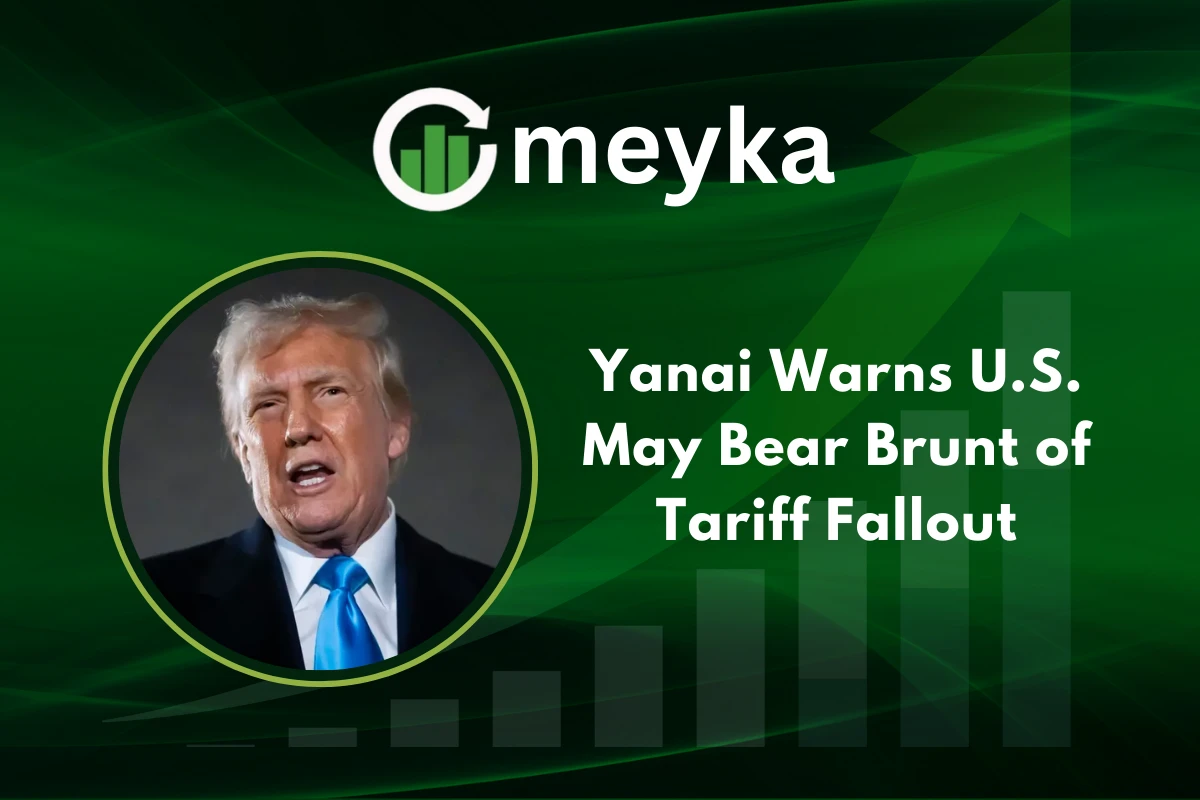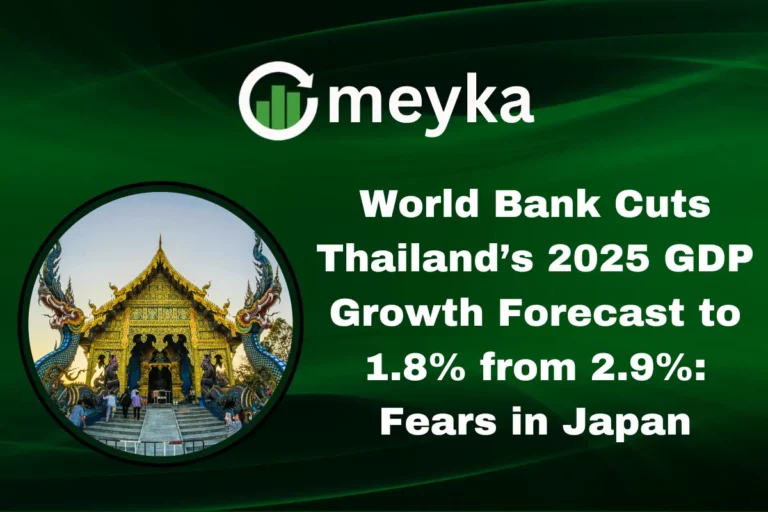Yanai Warns U.S. May Bear Brunt of Tariff Fallout
Tadashi Yanai, founder of Fast Retailing, which runs Uniqlo, warned that the United States could bear the highest cost from a global surge in tariffs. His blunt comments, delivered at a Uniqlo event in New York, have sharpened debate about trade policy, supply chains, and higher prices for consumers.
Yanai’s warning to the U.S, in context
Yanai said he was “afraid the world could go bankrupt”, and added that America is the one that could suffer the most. The comment reflects concern among global retailers that sweeping tariffs raise costs, complicate logistics, and reduce demand in key markets.
Why did Yanai warn about tariffs?
Tariffs add import costs and squeeze margins for firms that rely on global sourcing.
Why Yanai matters: the business leader speaking out
Yanai leads Fast Retailing, and he is one of Japan’s most prominent business figures. The company runs thousands of Uniqlo stores across Asia, Europe, and North America, and sources a large share of its U.S. inventory from Southeast and South Asia. His experience gives a clear operational view of how tariffs ripple through sourcing and pricing decisions.
Impact on Uniqlo and other global retailers
Fast Retailing has warned that higher U.S. tariffs would hit its American operations, and it signalled price adjustments to offset added costs. The company said tariffs could trim two to three percent off second-half profits, showing a measurable hit to earnings.
For retailers that work on thin margins, the choice between absorbing costs, passing them to consumers, or changing suppliers is a costly one.
How do tariffs affect U.S consumers and retailers?
Tariffs often push up prices for shoppers, while retailers face margin pressure or must adjust sourcing plans.
Yanai on supply chains, and the wider fallout
Yanai noted manufacturing is shifting toward Southeast Asia and Africa, and tariffs can accelerate that transition. Reworking supply chains takes time, capital, and planning.
Companies may pre-import stock to avoid immediate levies, diversify production, or invest in automation and near-shoring to reduce vulnerability. Those transition steps raise costs and can squeeze earnings in the short term.
Market reaction and policy signals
Market watchers flagged the risk to U.S consumption if tariff costs feed into prices. Equity markets watch retail sales and consumer confidence because weaker spending hits earnings across sectors. Lawmakers and trade officials also monitor corporate warnings, while trade associations are preparing to press for exemptions or targeted relief.
Commentators say sustained tariffs could slow growth, lift inflation, and complicate central bank policy choices. Reuters and market trackers note that tariffs raise input costs across sectors from apparel to electronics, and those effects can ripple into corporate earnings and consumer prices.
Why is Yanai’s voice important in the global trade debate?
Yanai runs a global retail network; his warnings reflect operational realities, and they can shape policy and investor expectations.
Market moves and investor watchlist
Markets gave a muted initial reaction, with retail and consumer stocks under close watch. Fast Retailing’s shares were tracked in Tokyo as analysts parsed profit guidance, while broader indices monitored risks to consumer spending. Investors will watch trade data, retail sales, and corporate profit warnings for signs that tariff costs are moving through to earnings.
Lessons from past trade disputes
History shows tariffs can re-route trade, prompt retaliation, and push up costs for consumers. The 2018 U.S.-China tariff round remains a benchmark, when retaliation and countermeasures hit exporters and raised input costs for manufacturers.
Modern supply chains are more complex, so economists warn of second-round effects through logistics, insurance, and financing, which can amplify the initial shock and slow growth across linked economies.
Will Yanai’s warning influence U.S policy
Corporate pressure can matter, but policy is political. High-profile CEOs like Yanai add a credible business case against broad tariffs and can fuel lobbying for exemptions or negotiations.
Yet strategic and electoral considerations will also shape decisions in Washington. If tariffs push up consumer prices noticeably, political urgency for relief will grow, and pressure on lawmakers may intensify.
Social Reaction
Journalists and analysts shared Yanai’s comments widely on social platforms, for example, the Nikkei Asia post on X captured immediate attention
Forward-looking, what businesses and policymakers should expect
Companies should stress test margins, accelerate supplier diversification, and explain price moves to customers. Governments should weigh the inflationary cost of tariffs against strategic goals, design targeted supports where needed, and keep channels for negotiation open.
If tariff escalation continues, expect more supply chain restructuring, higher consumer prices, wider industry lobbying, and greater focus on near-shoring and automation as firms seek resilience.
FAQ’S
Tadashi Yanai is the founder and CEO of Fast Retailing, owner of Uniqlo with a global store network. He manages sourcing and distribution across countries, giving him direct exposure to trade costs. His public warnings signal operational stress to markets and policymakers.
He warned broad tariffs raise costs for retailers and consumers, which can reduce demand and compress margins. Fast Retailing said tariffs could shave two to three percent off near term profits, showing tangible financial exposure. That mix of cost and demand risk underpins his view on U.S, vulnerability.
Tariffs increase import bills, complicate inventory planning, and force sourcing changes for global brands. Those actions can push prices up for shoppers or reduce retailer profits if costs are absorbed.
Risks include higher consumer prices, supply chain disruption, and retaliatory measures that hurt exporters. These effects can feed into inflation and slower GDP growth across trade linked economies.
It could add weight to business lobbying and raise political pressure for exemptions or talks, especially if consumer pain rises. But trade policy decisions also reflect geopolitical and electoral considerations that may limit quick reversals.
Disclaimer
This content is for informational purposes only and does not constitute financial advice or investment recommendations. Always do your own research before investing.






